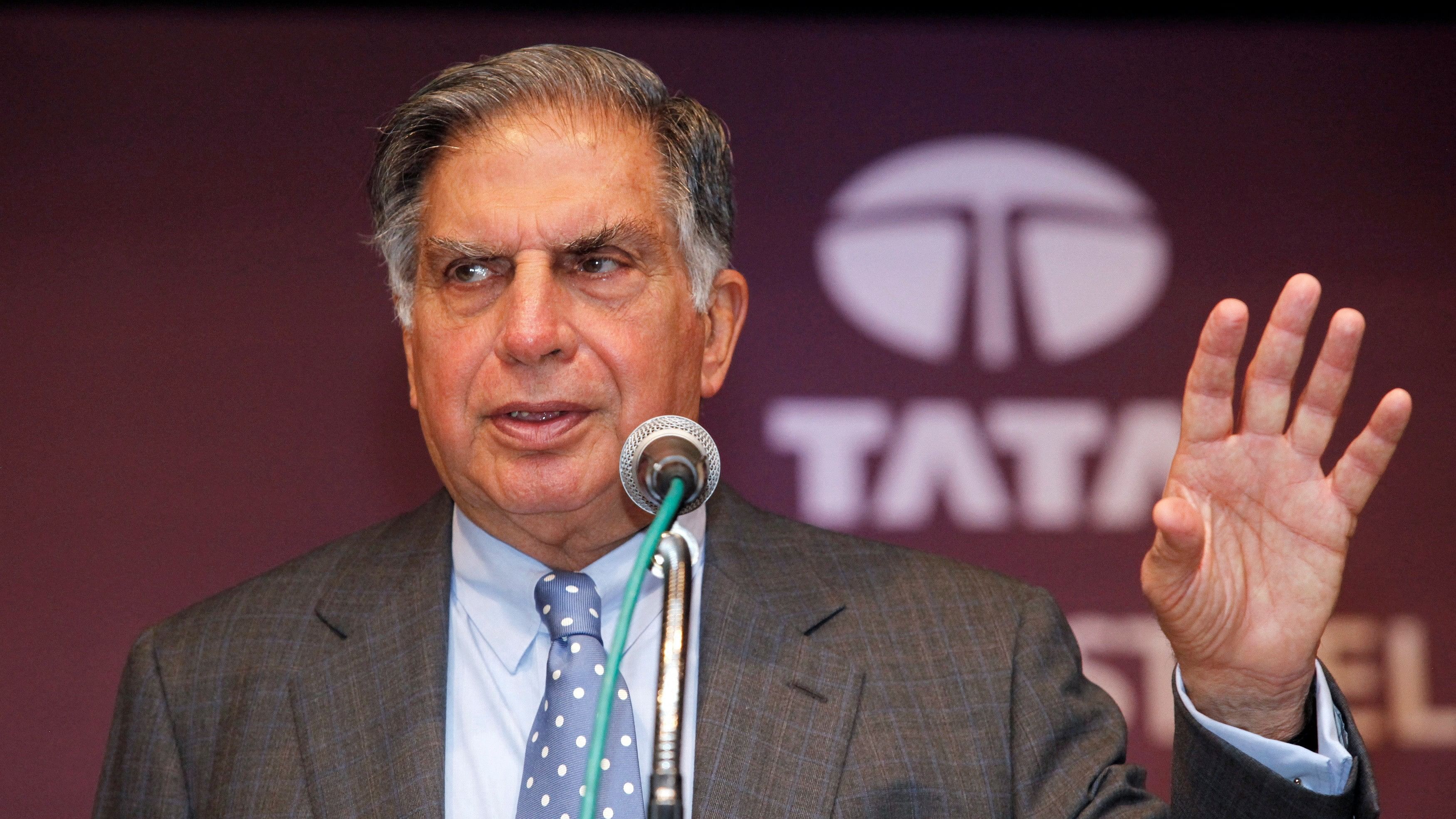
Ratan Tata, late Chairman of the Tata Group.
Credit: Reuters File Photo
The passing of Tata Group magnate Ratan Tata has led to much discussion over the high standard of ethics and the longstanding philanthropy of this industrial house. A well-known facet of the group is that it avoids practices used routinely by other large corporates to bend government policies and rules for their own benefit. The avowed aim has been to conduct business without compromising on ethical standards.
On philanthropy, too, much has been written about the group’s commitment to charitable causes. According to a recent survey, the founder, Jamshedji Tata is estimated to be the most generous donor of all time, exceeding Bill and Melinda Gates. Evidence of this magnanimity can be spotted in Mumbai with its many medical and research institutions set up by the Tatas over the decades.
With all these positives, it must also be recognised that the organisation has not always had the best record on corporate governance. It faltered several times.
One notable instance was the effort to deal with the remediation of toxic waste at the site of the Bhopal Gas Tragedy. The issue created tremendous controversy in 2007 as Ratan Tata reportedly urged the government to withdraw the demand for Dow Chemicals to deposit $21 million (Rs 100 crore) for cleaning up the site. While the Tatas denied the charge, they agreed that a proposal had been made to set up a fund to enable such environmental remediation. The chemicals giant had taken over the infamous US-based Union Carbide responsible for the horrific tragedy in 1984.
It was around this time that police fired on Odisha tribals protesting against the setting up of a steel plant in the state by the Tatas. It led to the deaths of 13 people. The Tatas’ reputation for integrity took a beating when Ratan Tata hired a PR firm headed by Niira Radia. Finally, the bruising battle with Cyrus Mistry who was initially appointed to head the Tatas and then fell out of favour, gave rise to questions about fair play in the corporate boardroom.
In this backdrop, it is evident Tata Sons cannot be considered a model of corporate governance. In fact, the traditional view of the conglomerate as the flagbearer of business ethics in India has now shifted to the new information technology giants. The Ethisphere Institute, a US-based firm that specialises in defining and measuring corporate ethical standards has put HCLTech and Infosys into its list of most ethical global firms for 2024. It has also brought Indusind Bank into the list while Tata Steel made it last in 2021.
But Infosys has been on the list for the fourth year in a row indicating the high corporate governance standards being maintained in the IT sector.
On philanthropy too, the technology sector has rapidly become a frontrunner. The most generous corporate leader in 2024 according to the Hurun Philanthropy List is the founder of HCLTech, Shiv Nadar and family, followed by Wipro chairman, Azim Premji and family. Their donations at Rs 2,042 crore and Rs 1,774 crore are way ahead of the Rs 376 crore donated by Mukesh Ambani and his family, who are in third place.
The baton has thus been passed in a sense from the older business houses to the new technology titans both in terms of business ethics and philanthropy. This is as it should be, given the fact that some of these ventures — like HCL Tech and Infosys — are not weighed down by inheritance issues and operate in a more contemporary fashion. They have yet to be tarnished by allegations of corporate cronyism or seeking undue influence in policymaking. Even more important, their success on the global stage has led them to emerge without any fanfare to become leading services exporters and big foreign exchange earners.
It augurs well that the sunrise industries which are now the powerhouses of the economy are also seen as the most ethical. Tatas, especially its IT flagship firm, TCS, cannot be ruled out of this list simply because of some past errors. Even so, the group needs to reflect more deeply on corporate governance norms to avoid similar pitfalls in future.
As for the technology companies, their track record of high ethical standards and generous philanthropy will have to be sustained and expanded if they are to remain the leaders of business ethics in the years to come.
(Sushma Ramachandran is a senior journalist.)
Disclaimer: The views expressed above are the author's own. They do not necessarily reflect the views of DH.